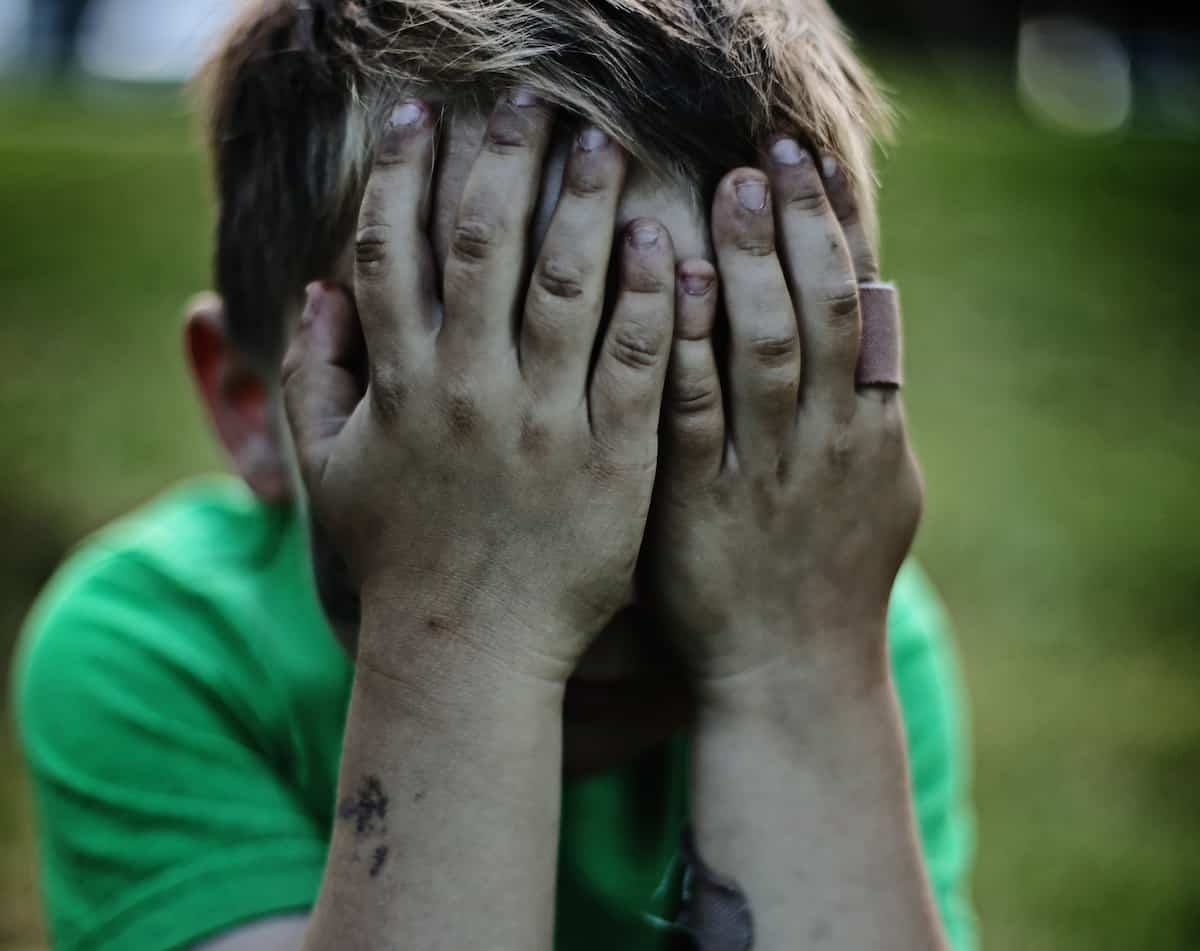The research included over 7,000 children aged 3, 5 and 9 who were tracked as part of the ‘Growing Up In Ireland‘ study.
Hostile parenting styles increase the chances of children developing mental health issues by 150 percent.
Hostile parenting can involve routine physical punishment, regularly shouting at children, breaking down their self-esteem and handing out random punishments on a whim.
In many ways psychological hostility can be as bad as, or worse, than physical hostility, studies have frequently found.
The research included over 7,000 children aged 3, 5 and 9 who were tracked as part of the ‘Growing Up In Ireland‘ study.
The results showed that 10 percent of children were at high risk for mental health issues.
The research covered all kinds of issues:
- internalising symptoms: social withdrawal and anxiety.
- externalising symptoms: aggression, hyperactivity and impulsivity.
Mr Ioannis Katsantonis, the study’s first author, said:
“The fact that one in 10 children were in the high-risk category for mental health problems is a concern and we ought to be aware of the part parenting may play in that.
We are not for a moment suggesting that parents should not set firm boundaries for their children’s behavior, but it is difficult to justify frequent harsh discipline, given the implications for mental health.”
The study assessed parents on how much they used these three parenting styles:
- Warm parenting: supportive of the child’s needs.
- Consistent: setting clear boundaries and expectations.
- Hostile: psychologically and/or physically malevolent.
Hostile parenting, the researchers founds, increased the risk of children experiencing mental health issues at age 9 by 150 percent.
However, parenting style was not the only factor: those from less wealthy homes, single-parent families and female children were at a higher risk of mental health problems.
Dr Jennifer Symonds, study co-author, said:
“Our findings underline the importance of doing everything possible to ensure that parents are supported to give their children a warm and positive upbringing, especially if wider circumstances put those children at risk of poor mental health outcomes.
Avoiding a hostile emotional climate at home won’t necessarily prevent poor mental health outcomes from occurring, but it will probably help.”
Children at risk should be given appropriate support, said Mr Katsantonis:
“Appropriate support could be something as simple as giving new parents clear, up-to-date information about how best to manage young children’s behavior in different situations.
There is clearly a danger that parenting style can exacerbate mental health risks.
This is something we can easily take steps to address.”
Related
- The Hidden Cost Of Childhood Maltreatment: 12 Lifelong Effects (P)
- 10 ‘Loving’ Parenting Practices That Research Says Damages Children (P)
The study was published in the journal Epidemiology and Psychiatric Sciences (Katsantonis & Symonds, 2023).

